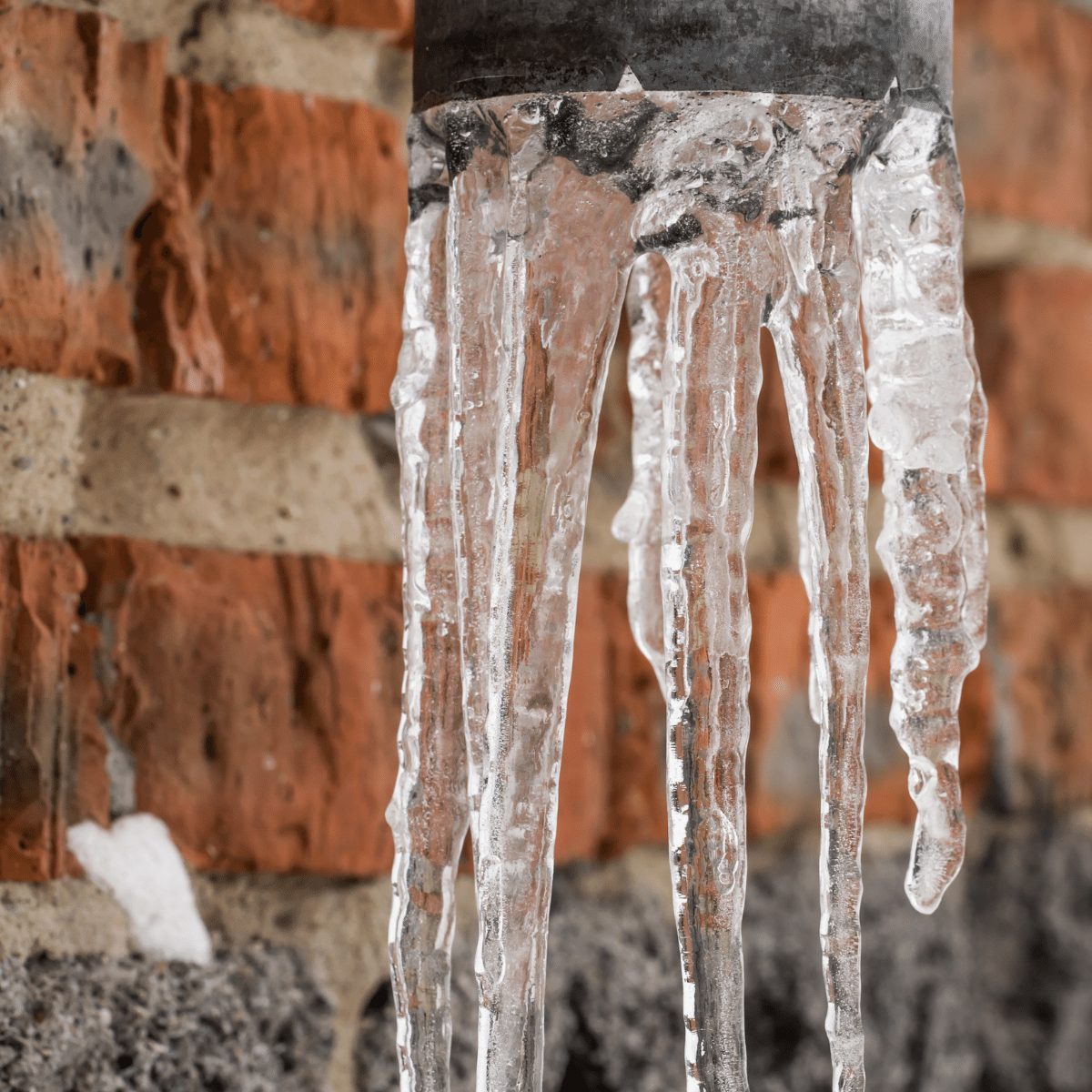Avoiding Frozen Plumbing in Winter: Professional Advice
Avoiding Frozen Plumbing in Winter: Professional Advice
Blog Article
The content down the page about Prevent Frozen Pipes is amazingly captivating. Read it for yourself and see what you think about it.

Cold weather can damage your pipes, particularly by freezing pipes. Here's how to avoid it from occurring and what to do if it does.
Introduction
As temperature levels decline, the threat of icy pipelines rises, potentially leading to pricey repair work and water damage. Recognizing how to prevent icy pipelines is important for homeowners in chilly climates.
Prevention Tips
Protecting vulnerable pipelines
Wrap pipes in insulation sleeves or utilize warmth tape to protect them from freezing temperatures. Concentrate on pipes in unheated or exterior locations of the home.
Heating strategies
Keep indoor areas effectively heated, specifically areas with pipes. Open cupboard doors to permit warm air to flow around pipes under sinks.
Exactly how to recognize frozen pipelines
Look for reduced water circulation from taps, unusual odors or sounds from pipelines, and noticeable frost on exposed pipes.
Long-Term Solutions
Architectural changes
Consider rerouting pipes away from exterior walls or unheated areas. Include additional insulation to attic rooms, cellars, and crawl spaces.
Updating insulation
Purchase high-quality insulation for pipelines, attics, and wall surfaces. Appropriate insulation assists keep regular temperatures and reduces the risk of icy pipes.
Shielding Outdoor Pipes
Garden hoses and exterior faucets
Detach and drain pipes garden hose pipes before winter season. Install frost-proof spigots or cover exterior taps with shielded caps.
Comprehending Icy Pipes
What creates pipelines to freeze?
Pipelines freeze when subjected to temperature levels listed below 32 ° F (0 ° C) for expanded durations. As water inside the pipes freezes, it increases, putting pressure on the pipeline wall surfaces and potentially creating them to burst.
Dangers and problems
Frozen pipes can lead to water system interruptions, residential or commercial property damages, and pricey repairs. Burst pipes can flooding homes and trigger considerable architectural damages.
Signs of Frozen Pipes
Identifying frozen pipes early can avoid them from rupturing.
What to Do If Your Pipes Freeze
Immediate actions to take
If you presume icy pipes, keep faucets open up to relieve stress as the ice thaws. Utilize a hairdryer or towels soaked in hot water to thaw pipelines gradually.
Conclusion
Preventing frozen pipelines calls for aggressive procedures and fast actions. By understanding the reasons, signs, and safety nets, property owners can protect their pipes throughout cold weather.
6 Proven Ways to Prevent Frozen Pipes and Protect Your Home
Disconnect and Drain Garden Hoses
Before winter arrives, start by disconnecting your garden hoses and draining any remaining water. Close the shut-off valves that supply outdoor hose bibs and leave the outdoor faucet open to allow any residual water to drain. For extra protection, consider using faucet covers throughout the colder months. It’s also important to drain water from any sprinkler supply lines following the manufacturer’s directions.
Insulate Exposed Pipes
Insulating your pipes is an effective way to prevent freezing. Pipe insulation is readily available at home improvement stores and is relatively inexpensive. Pay close attention to pipes in unheated areas such as the attic, basement, crawl spaces, or garage. Apply foam insulation generously to create a buffer against the cold. You can also wrap your pipes in heat tape or thermostat-controlled heat cables for added warmth.
Seal Air Leaks
Inspect your home for any cracks or openings that could let in cold air. Seal any holes around the piping in interior or exterior walls, as well as the sill plates where your home rests on its foundation. Additionally, make sure to keep your garage door closed unless you’re entering or exiting. Leaving it open creates a significant air leak that can lead to frozen pipes.
Allow Warm Air Circulation
During cold snaps, it’s essential to allow warm air to circulate evenly throughout your home. Leave interior doors ajar to promote better airflow. Open kitchen and bathroom cabinets to help distribute heat consistently around the rooms. If you have small children or pets, be sure to remove any household chemicals or potentially harmful cleaners from open cabinets for safety.
Let Faucets Drip
A small trickle of water can make a big difference in preventing ice formation inside your pipes. When temperatures drop significantly, start a drip of water from all faucets served by exposed pipes. This continuous flow helps prevent the water from freezing. Additionally, running a few faucets slightly can relieve pressure inside the pipes, reducing the chances of a rupture if the water inside does freeze.
https://choateshvac.com/6-proven-ways-to-prevent-frozen-pipes-and-protect-your-home/
:strip_icc()/snow-outdoor-faucet-pipes-4af65d1e5e904fb1aa7bf74071fe5d89.jpg)
I found that page about How to prepare your home plumbing for winter weather when surfing around the internet. Do you know about somebody else who is very much interested in the subject? Take a moment to promote it. Thank you so much for going through it.
Click Here Report this page